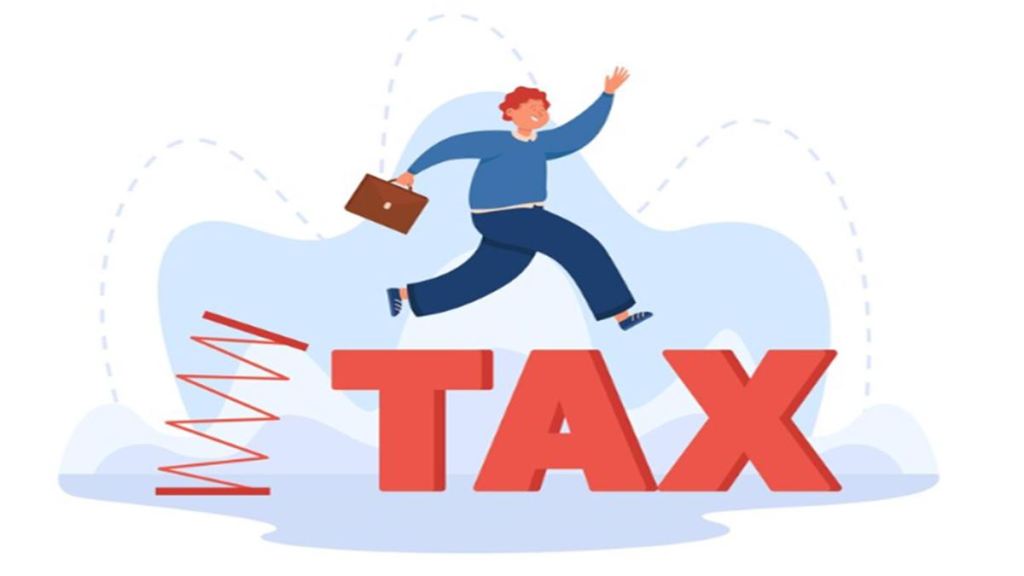Investment Proof Submission for FY2024-25: During this time of the year, salaried employees are asked by their HR departments to submit their investment proof to prevent excessive tax deductions. Failing to do so may result in the long and difficult process of claiming tax refunds.
You need to remember that it is the employee’s sole responsibility to provide the necessary documentation to their employer within the specified time-frame. However, several factors must be considered before submitting your investment proof to your employer on time.
Let us explore five essential points that you should be aware of before proceeding with the submission of all required documentation.
1. Report Previous Employment Income
This is the time to organize your tax matters. If you have been employed by two or more companies during the current financial year, it is essential to disclose your income from all previous employers to your current employer. This practice will help you avoid incurring additional taxes and associated interest. Each employer calculates tax liability based solely on the salary they provide, without considering the income from previous employers. This can lead to underpayment of taxes and an excessive claim of exemptions and deductions from both employers. Do not assume you can evade taxes by failing to report this income on your return. The Income Tax Department is fully aware of the income you have received from all employers, and it is in your best interest to disclose these details to your current employer as well as in your income tax returns.
Also Read: 8 essential financial moves for a fresh start in 2025
2. Submit Bills for Reimbursement Claims
Certain benefits are exempt under the Income Tax Act only if you provide proof of actual expenses to your employer, such as reimbursements for books and periodicals, telephone reimbursements, reimbursements for conveyance expenses, etc. If you do not submit the necessary documentation of these expenses to your employer within the specified time-frame, they will be treated as taxable allowances, and you may lose the opportunity to claim exemptions when filing your tax return.
3. Provide Details of Tax-Deductible Personal Expenses
One of the most frustrating aspects of taxation is the possibility of overpaying. You can prevent unnecessary tax payments by fully utilizing personal expenses and investments that you might otherwise overlook. Understanding which of your personal expenditures and investments qualify for tax deductions is essential. Once you grasp the fundamentals, it is crucial to monitor these expenses and retain documentation for submission to your employer. Examples of such documentation include PPF challans, insurance premium receipts, school fee receipts for your children, medical bills, ELSS payment receipts, telephone bills, travel tickets for Leave Travel Allowance, etc.
4. Declare Additional Income to Your Employer
Sometimes informing your employer about your additional income can be beneficial. This additional income may include rental income from properties or interest earned on fixed deposits. By declaring this income, your employer can withhold and remit the appropriate taxes on your behalf. It is important to understand that you may be required to pay advance tax on this additional income in four quarterly installments. Failure to do so could result in a penalty of 1% per month on any shortfall. However, the advantage of declaring this additional income is that your employer will calculate the necessary taxes and remit them as Tax Deducted at Source (TDS), thereby protecting you from penalties associated with advance tax defaults.
5. Submit Proof of TDS on Additional Income
If you have reported your additional income to your employer, it is crucial to provide them with the details of the tax deductions related to that income. Failing to do so may lead your employer to withhold taxes at the full rate, resulting in an overpayment of taxes on your part. Therefore, gaining a better understanding of tax regulations and diligently monitoring your expenses can significantly aid in minimizing your tax liabilities and prevent the complications associated with claiming refunds for any excess taxes paid.

